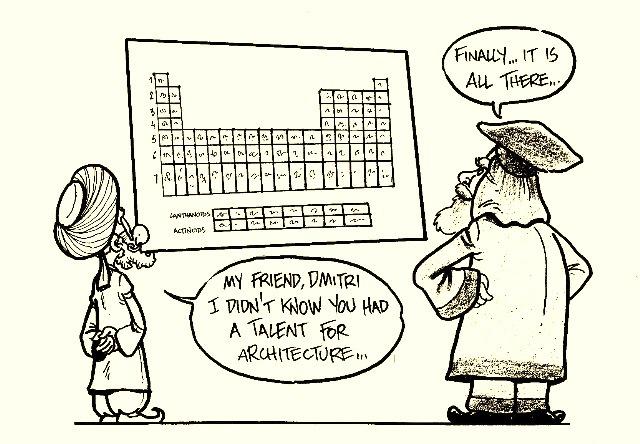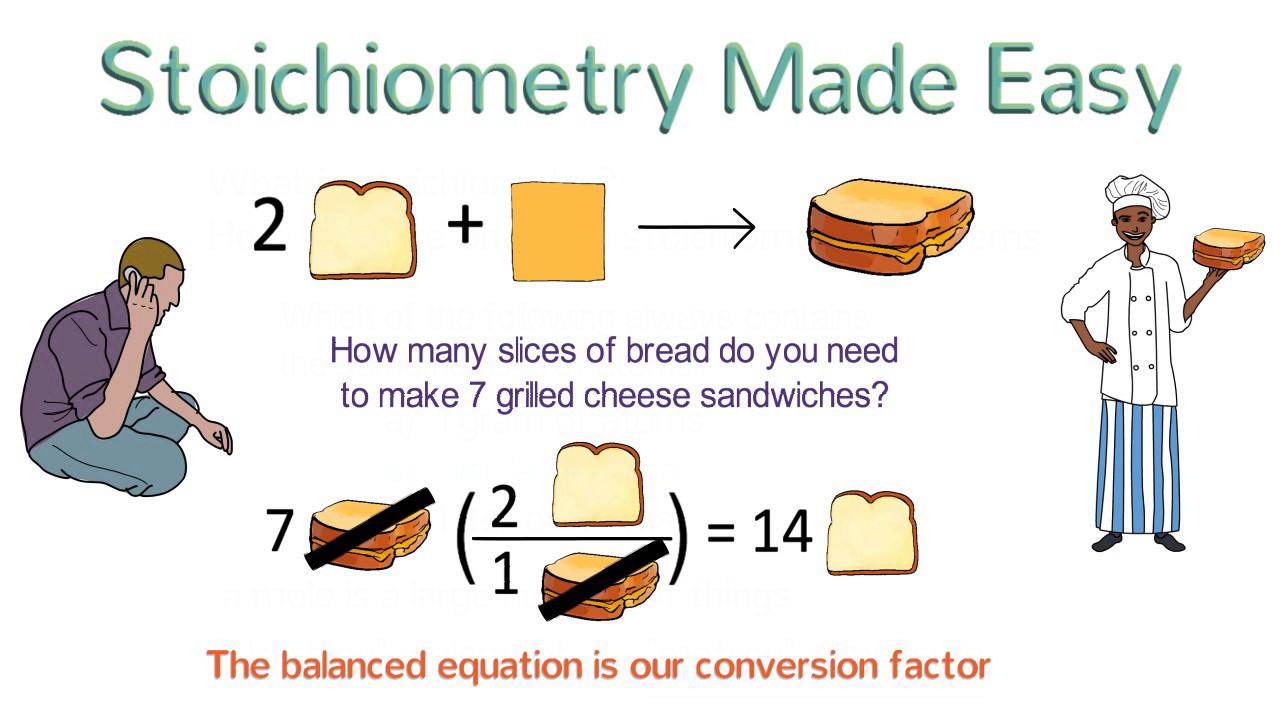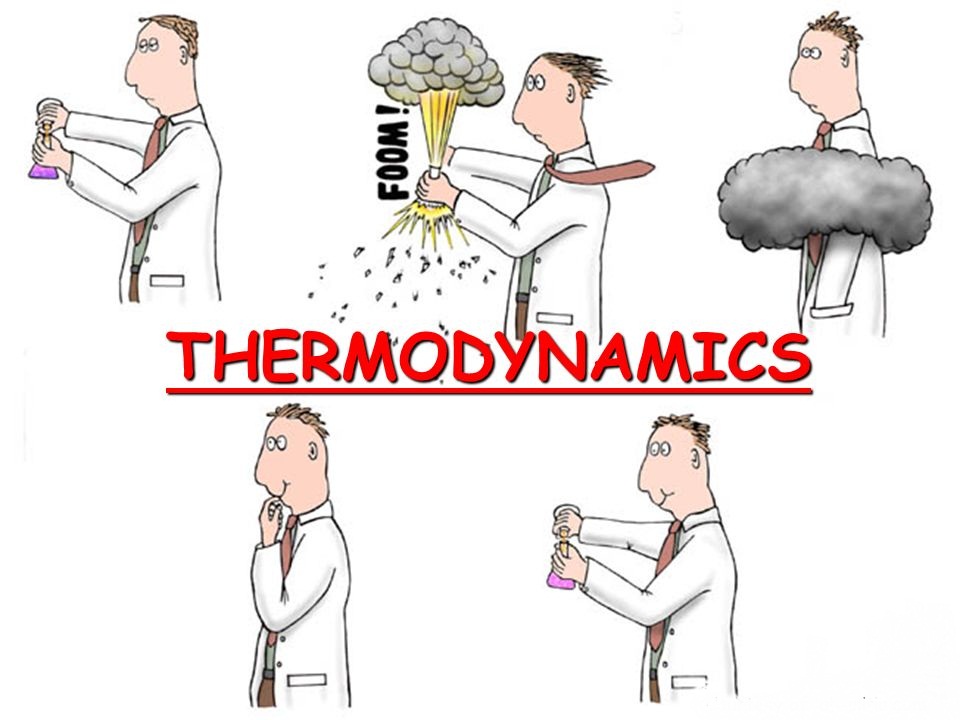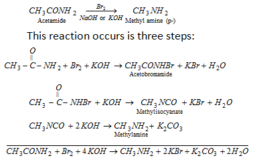Periodic classification of elements

source : slideshare.net
Periodic classification of elements-
The classification of elements help in the systematic study of the physical & chemical properties of the elements & their compounds.
Mendeleeff ( a Russian scientist ) studied the properties of the elements & their compounds. Then elements are arranged in a tabular form. Mendeleeff gave a law known as Mendeleeff periodic law.According to this law,
“The physical & chemical properties of the elements are periodic function of their atomic masses.”
It means when elements are arranged in the increasing order of their atomic masses or weights,then similar properties are repeated after regular interval & thus , after regular interval elements with similar properties are repeated.
” Repetition of similar properties after regular intervals is called periodicity in properties.”
Some important postulates of Mendeleeff’s original periodic table-
1) This table is divided into groups & periods. Vertical columns are called groups & horizontal columns are called periods.
2) Their are 8 groups & 7 periods in the periodic table.
3) The elements of the same group have the same valencies & similar physical & chemical properties.
4) First ,second & third periods are short periods while fourth, fifth, sixth periods are long periods.
5) Groups are divided into two subgroups . The elements of left hand side are elements of subgroup A & those of right hand side are elements of subgroup B.
6) He predicts that certain new elements would be discovered to fit into vacant spaces but even for told with a great accuracy the properties of some undiscovered elements.
7) Some places are vacant for elements & Mendeleeff predicted their properties.
8) The characteristics of the element depends upon the magnitude of its atomic masses.
In Mendeleeff ‘s modern periodic table , elements have been arranged in the increasing order of their atomic numbers.With the replacement of atomic mass by atomic number as the basis of classification, two main defects of original periodic table disappears. These are,
1) Anamalous pair –
The original periodic law was violated in case of 4 pairs of elements . The element of higher atomic weight was placed before the elements having lower atomic mass.
Ex- Ar K ; Co Ni ; Te I ; Th Pa
At. Mass 40 39 ; 60 58.6 ; 127.5 127 ; 232 231
At. No. 18 19 ; 27 28 ; 52 53 ; 90 91
This problem is removed when elements are arranged in order of increasing atomic number.
2) Position of isotopes –
Atoms having same atomic number but different atomic masses are called isotopes .
The isotopes of same element will be given different position if atomic mass is the basis of classification. In modern periodic table isotopes are placed in one position. So this problem is removed.







